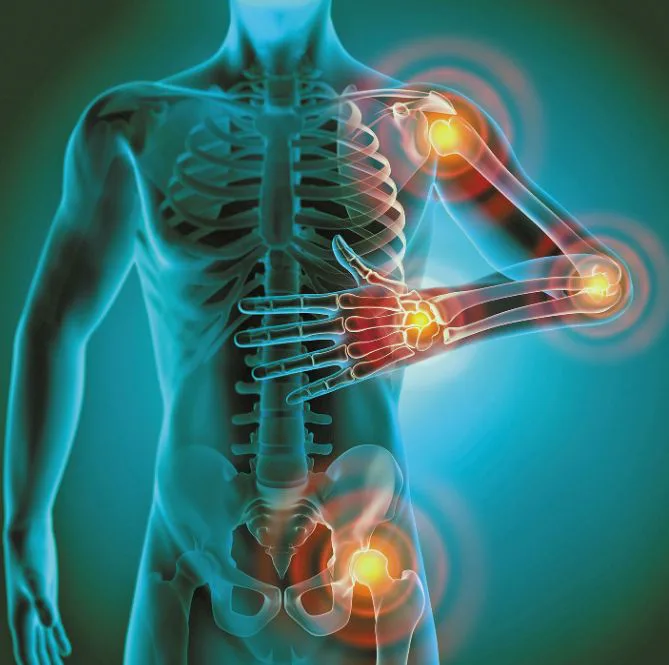We have seen some people lack the motivation required to do any physical activities and instead spend time sitting on the couch and watching TV. A new research unfolds the reason why certain people are more sluggish when it comes to do exercise or any other physical work. Researchers found that the genes are to be blamed in such individuals.
Researchers from the Institute of Genetics and Developmental Biology (IGDB) in Beijing, Chinese Academy of Sciences and the University of Aberdeen, discovered that a mutant gene, which plays a vital role in the brain, is the key reason making some people couch potatoes than others. The individuals with this mutated gene are less willing to exercise and thus gain weight and are more prone to develop other health problems.
The research conducted will possibly help scientists in the future to develop personalized pills to counter laziness.
The Research
Scientists compared the genes of a normal mouse with that of a mouse with a mutated gene called SLC35D3. They found that SLC35D3 generates a protein, which is involved in signalling the dopamine system of the brain. The dopamine system is responsible for regulating the degree of physical activity.
These SLC35D3 are important agent which carries dopamine receptors from the site of its origin that is from the core of the cell, to the outer surface of the cell. And the scientists noted that on the surface of the brain cell, the numbers of dopamine receptors present were far fewer in numbers, in the mice which had mutation in its gene. These dopamine receptors remained locked within the cell. And so the signalling process could not be performed optimally, making the mice inactive.
Professor at the IGDB and the lead researcher, Wei Li, said that the mice with the mutated gene were seen to be in particular lazy, walked slowly and moved almost one third of the normal mouse. Due to less physical activities they gained weight and even developed other risk factors linked to diabetes, obesity and high blood pressure. These ailments combined together is a condition found similar in humans and is known as metabolic syndrome.
Customized Medication
Professor Li and his team, induced the mice with a drug that had a stimulating effect on the dopamine system and which reversed the problem caused due to genetic limitation. These mice were more energetic and shed some extra pounds and looked thinner.
The scientists suspected similar mutation in the SLC35D3 gene of the obese individuals. And therefore, checked 400 Chinese metabolic syndrome patients suffering from obesity and overweight and found two patients with SLC35D3 gene mutation.
Scientists now hope to develop medicine similar to the ones given to mice, which boosted their dopamine signalling process. The researchers say in the future, persons with metabolic syndrome will be checked to confirm if they have the SLC35D3 gene mutations and accordingly medicine can be prescribed.
Scientists are of the view that in the future these medications will be customized keeping in mind, the person’s genetic compositions will help fight obesity and metabolic syndrome worldwide. Though the numbers of individuals with these couch potato gene mutations are few, however individuals with metabolic syndrome are much larger in numbers. These individuals will be benefited with the medicine that will activate their dopamine system, making them all work hard to reduce extra pounds and thus remain healthy. But by the time such medicine gets tested and approved by the medical / drug organizations, we need to take care of our health by keeping a track of what we eat and doing regular exercise to keep fit.




